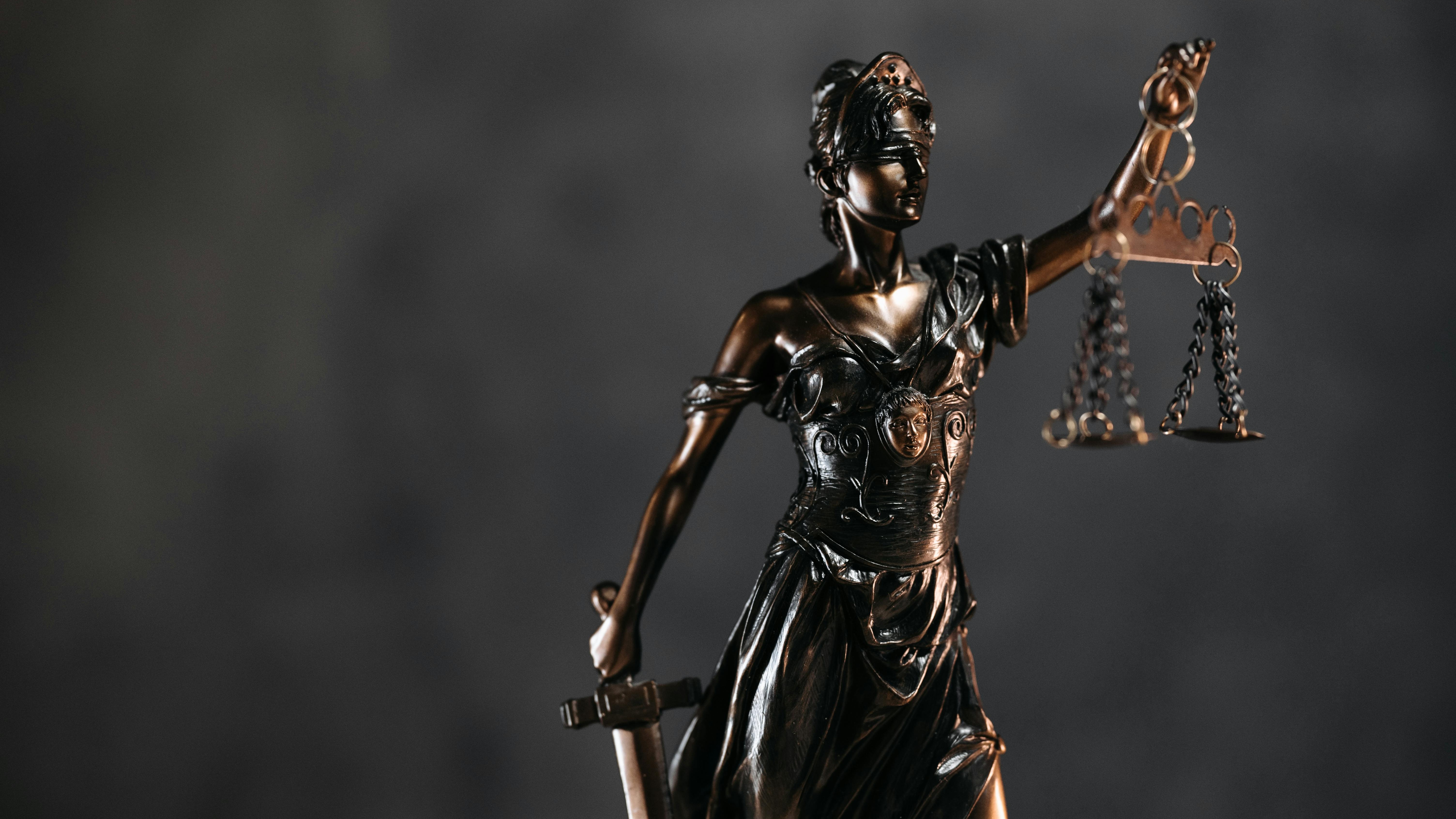
Understanding the Implications of Anthropic's Legal Battle
The recent halt of Anthropic's $1.5 billion book piracy settlement is stirring significant discussions within the tech and literary communities. Judge William Alsup's concerns about the fairness of the settlement terms — specifically that class action lawyers might unduly pressure authors into an agreement — highlight critical issues around copyright and AI model training practices.
What This Means for the AI Landscape
With AI and machine learning tools rapidly evolving, the legal frameworks governing their development and utilization must also adapt. Judge Alsup's ruling underscores a growing awareness that AI platforms, including Anthropic's, must navigate the murky waters of copyright laws aptly. The settlement, which proposed compensating authors around $3,000 per book stolen, raises questions regarding the legitimacy of such figure given the scale of alleged abuses, reportedly involving around 465,000 copyrighted works.
The Complex Nature of Fair Use in AI
As Judge Alsup pointed out, while some training of AI on purchased books may be legitimate under fair use, those trained on illegally obtained materials pose a different risk entirely. This nuanced differentiation is essential for developers and engineers working with generative AI technologies, ensuring that they fully understand the legal implications of the data used to train their models. With platforms like TensorFlow and PyTorch playing pivotal roles in AI development, ensuring compliance with copyright laws becomes imperative for future innovations.
The Effects on Authors and the Industry
The implications of this settlement affect not just the parties involved but the wider community of content creators. As discussions around generative AI and copyright intensify, authors may feel increasingly vulnerable to intellectual property violations. The technology sector, particularly AI developer tools like API integrations, must engage with these legal challenges proactively, ensuring that they advocate for fair practices that protect intellectual property.
What’s Next?
With the case’s pause, the future of such settlements remains uncertain. It compels the tech industry to rethink how it approaches data usage and might even inspire legislative responses that shape the future of AI ethics. For developers, this situation serves as a cautionary tale: the importance of understanding the intricacies of the legal frameworks governing AI should not be underestimated.
As our interaction with AI continues to deepen, stakeholders must consider not just the innovative potential of these technologies but also their ethical and legal ramifications. Being informed and ready to act is critical in an evolving landscape where technology and law intersect dangerously.
 Add Row
Add Row  Add
Add 




Write A Comment